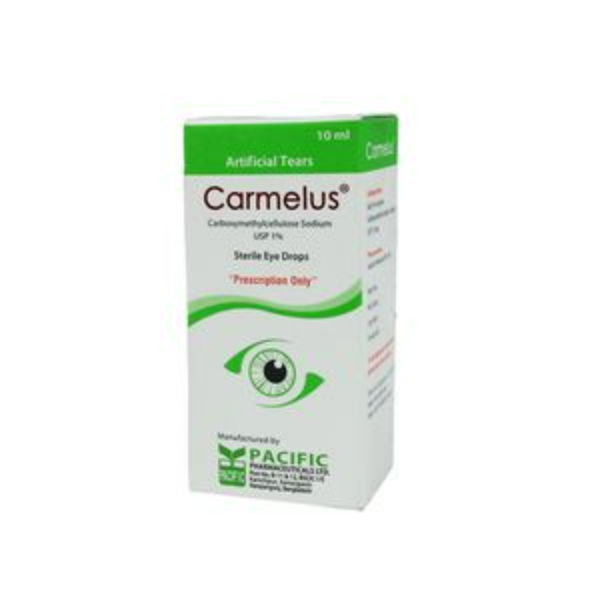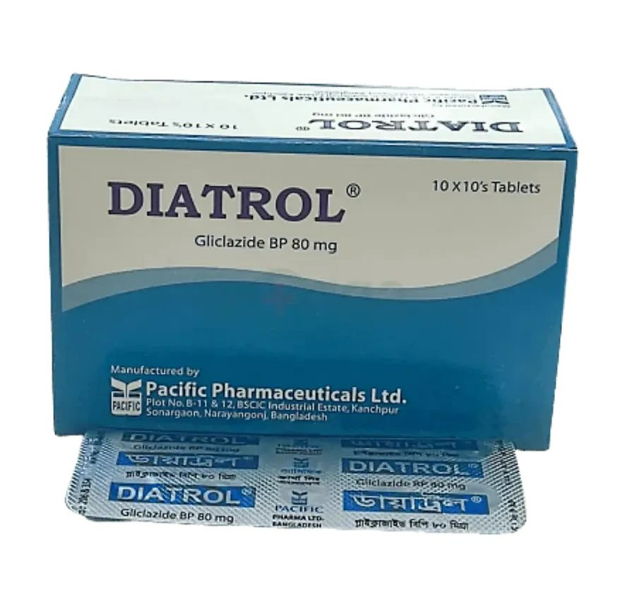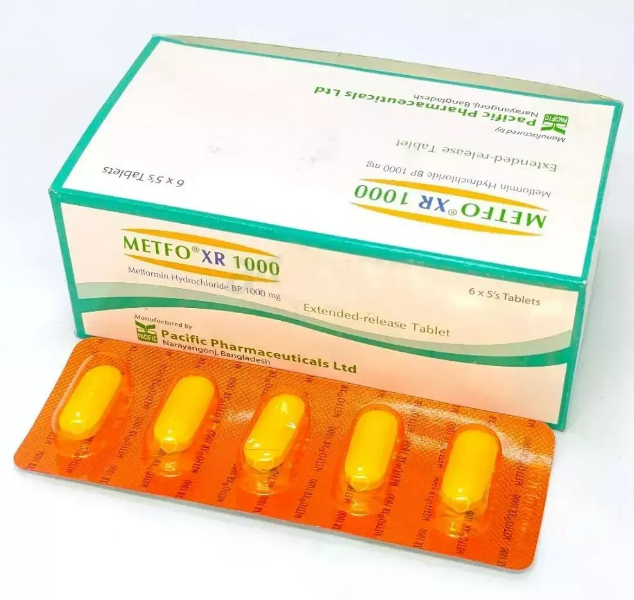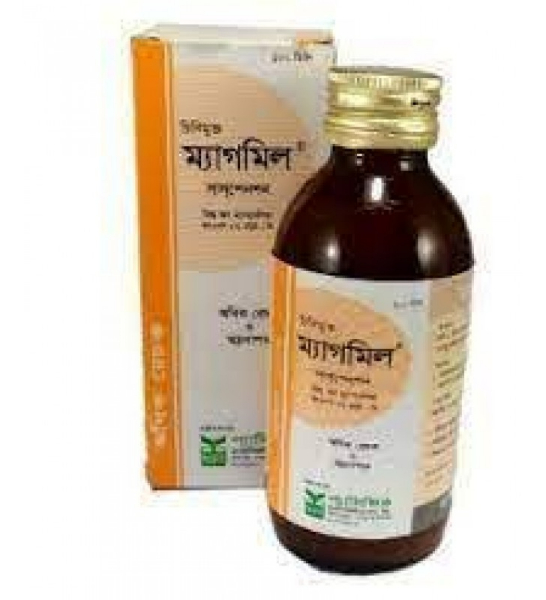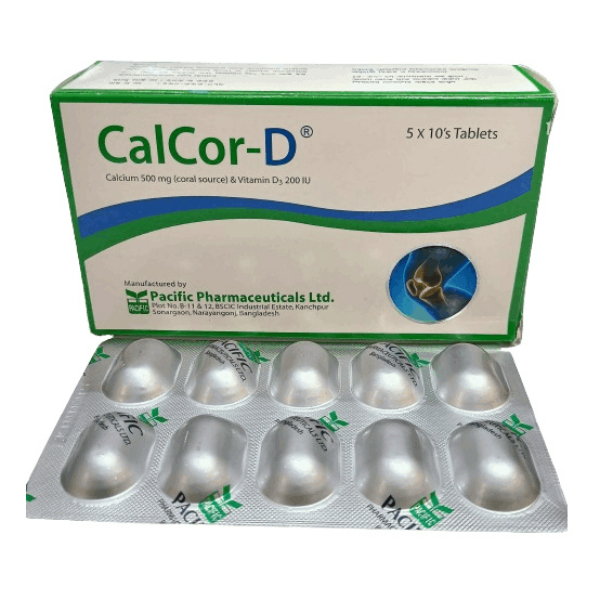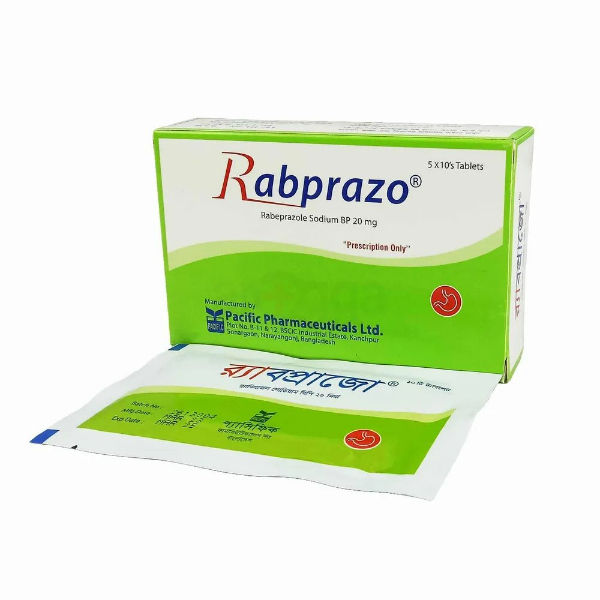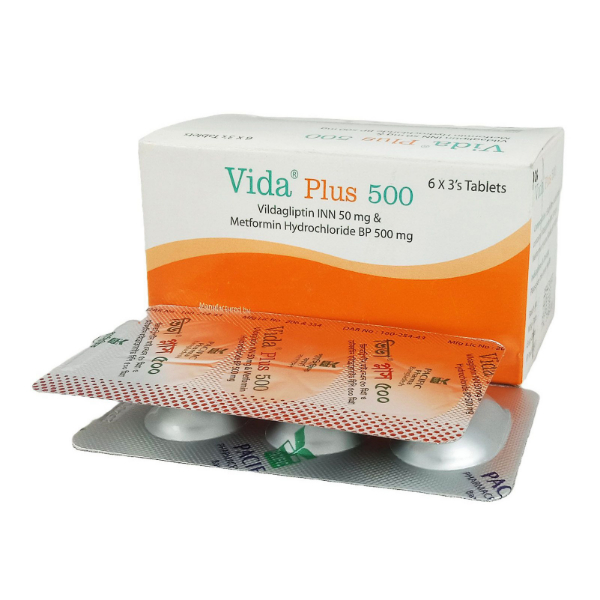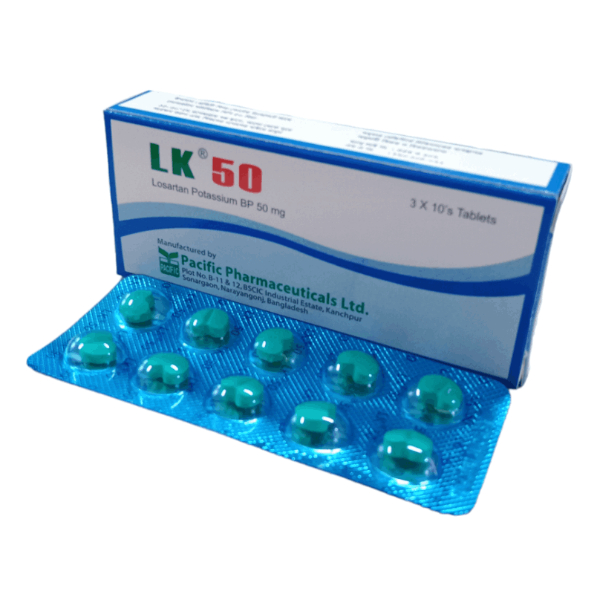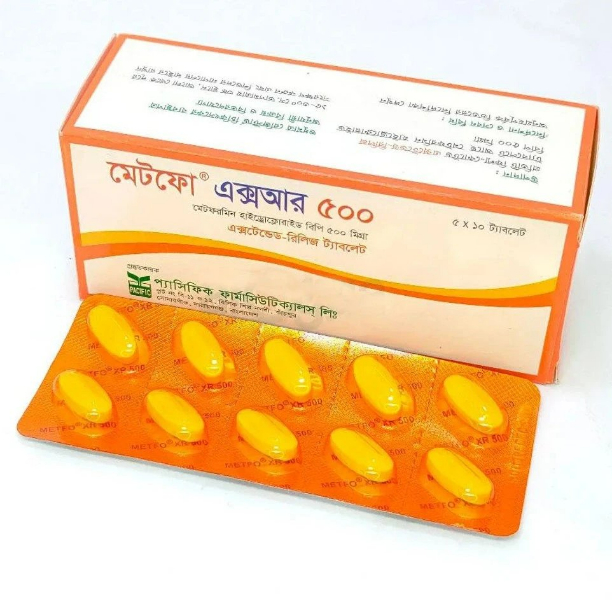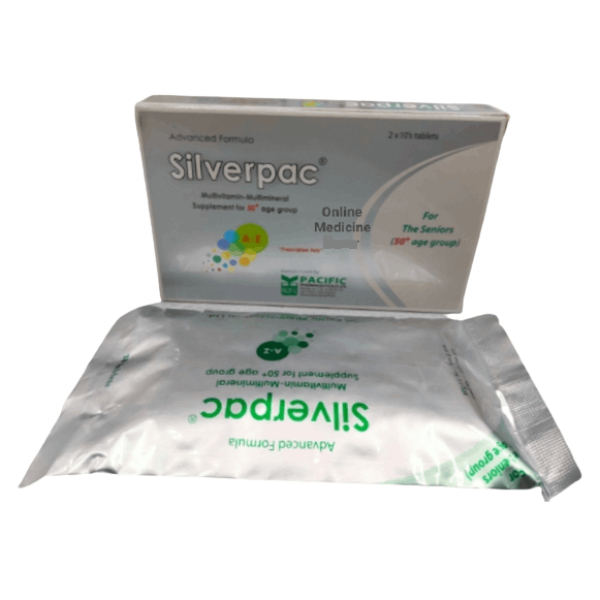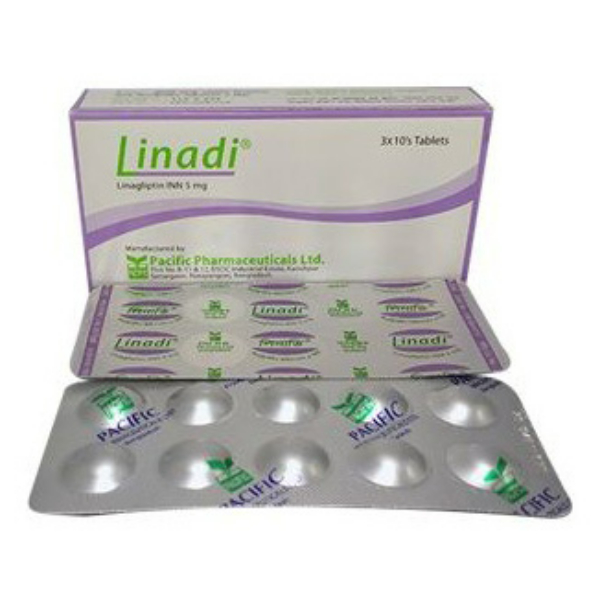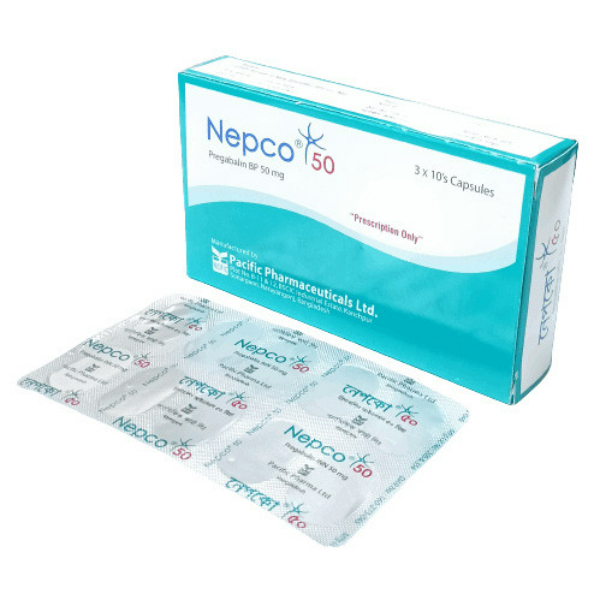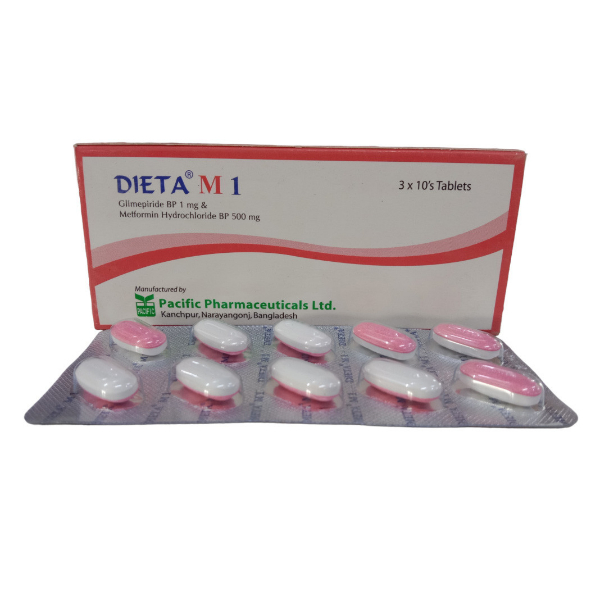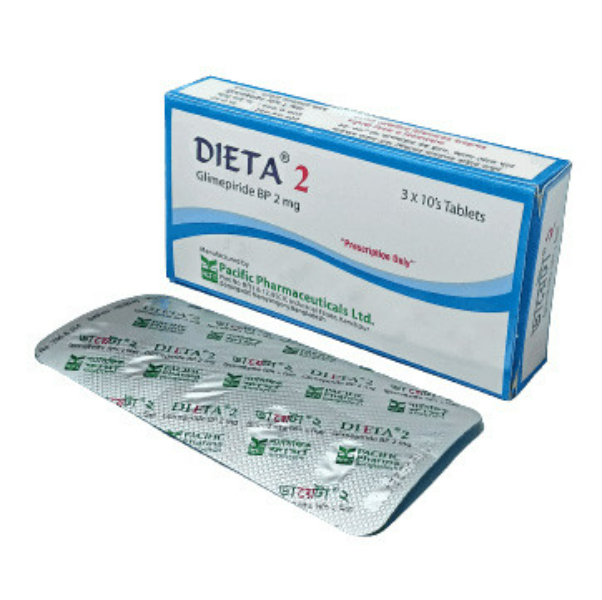Description
রেজিস্টার্ড চিকিৎসকের পরামর্শ মোতাবেক ঔষধ সেবন করুন
Indications:
-
Rheumatoid arthritis
-
Osteoarthritis
-
Ankylosing spondylitis
-
Acute gouty arthritis
-
Bursitis and tendinitis
-
Pain and inflammation due to musculoskeletal disorders
Pharmacology:
Indomethacin is a potent NSAID that works by inhibiting cyclooxygenase (COX-1 and COX-2) enzymes, reducing the formation of prostaglandins responsible for inflammation, pain, and fever.
Dosage & Administration:
-
Usual adult dose: 25 mg 2 to 3 times daily
-
Dose may be increased based on clinical response but should not exceed 200 mg/day
-
Should be taken with food or milk to reduce gastrointestinal irritation
-
Capsule should be swallowed whole with water
Interaction:
-
May interact with anticoagulants (e.g., warfarin), increasing bleeding risk
-
Can reduce the effectiveness of antihypertensives and diuretics
-
Increased risk of nephrotoxicity with ACE inhibitors and NSAIDs
-
Avoid use with other NSAIDs
Contraindications:
-
Hypersensitivity to indomethacin or other NSAIDs
-
History of peptic ulcer, GI bleeding
-
Severe heart failure, hepatic or renal impairment
-
Asthma exacerbated by NSAIDs
-
During perioperative pain management in CABG surgery
Side Effects:
-
Common: Nausea, vomiting, abdominal pain, headache, dizziness
-
Serious: GI bleeding, ulceration, hypertension, renal dysfunction
-
CNS effects: Depression, confusion (especially in elderly)
Pregnancy & Lactation:
-
Pregnancy: Not recommended, especially in the third trimester
-
Lactation: Excreted in breast milk; use only if clearly needed and under medical advice
Precautions & Warnings:
-
Use lowest effective dose for shortest possible duration
-
Monitor renal and hepatic function in long-term use
-
Increased cardiovascular risk with long-term/high-dose use
-
Caution in elderly and those with GI or cardiovascular risk
Therapeutic Class:
Non-Steroidal Anti-Inflammatory Drugs (NSAIDs)
Storage Conditions:
Store below 30°C, in a dry place, away from light and moisture. Keep out of reach of children.

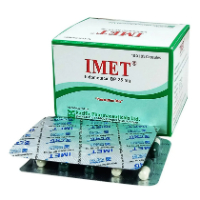
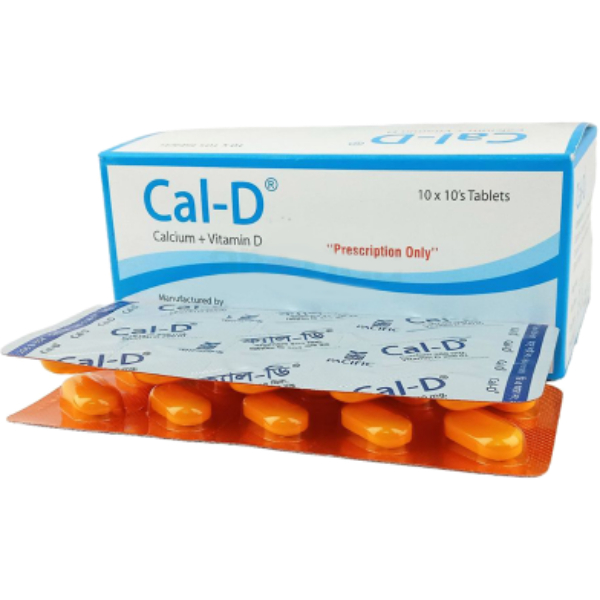

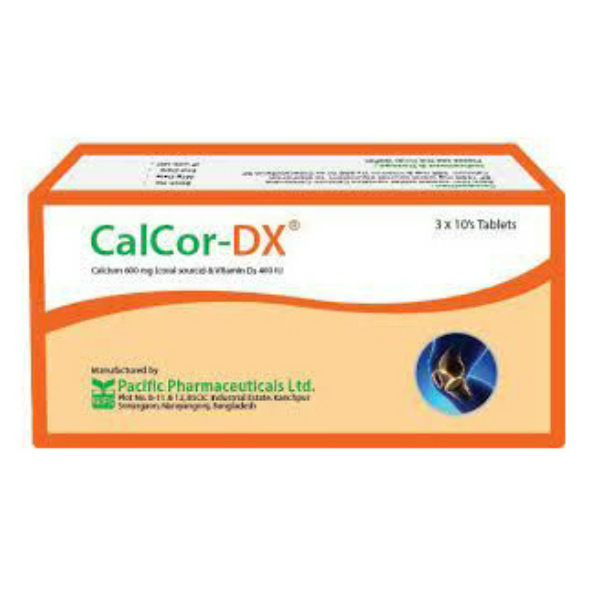
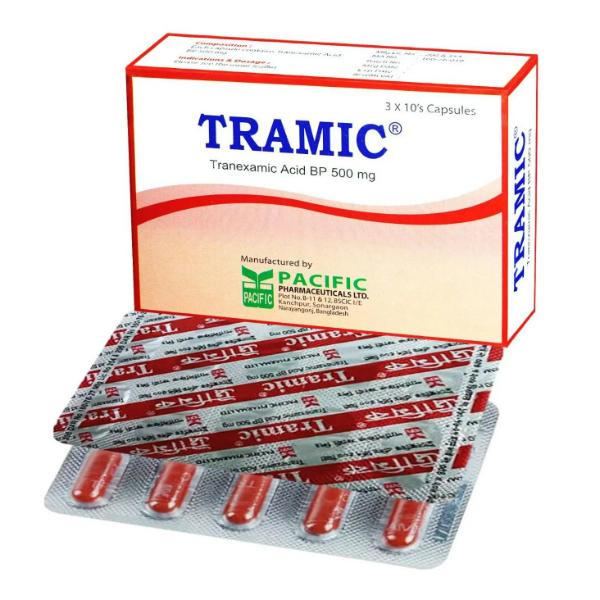

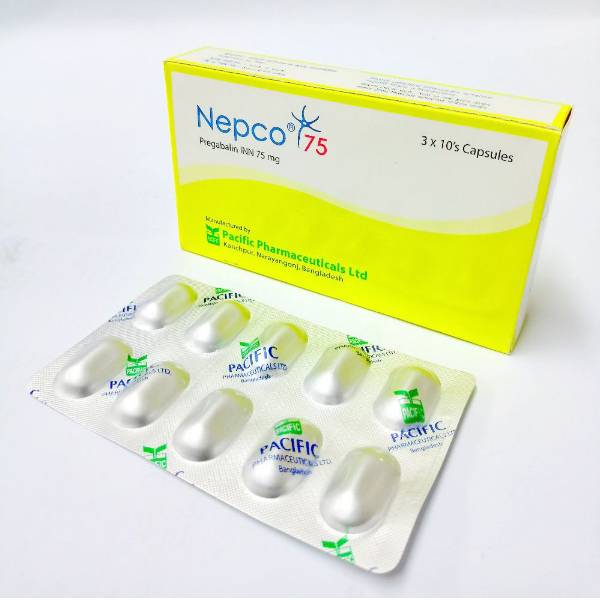
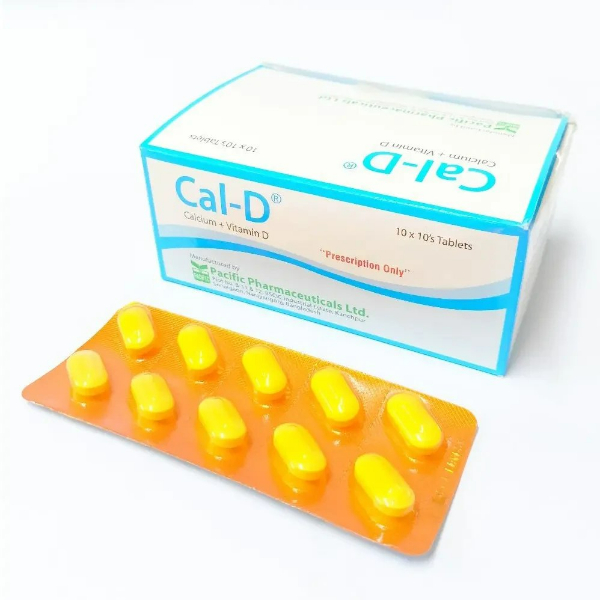
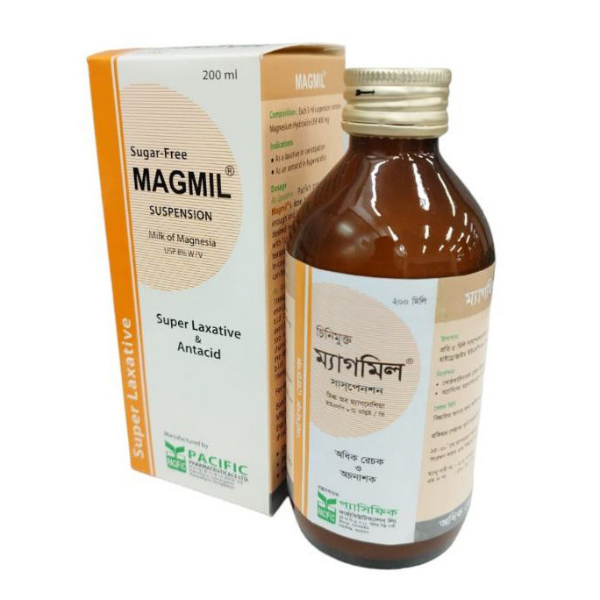
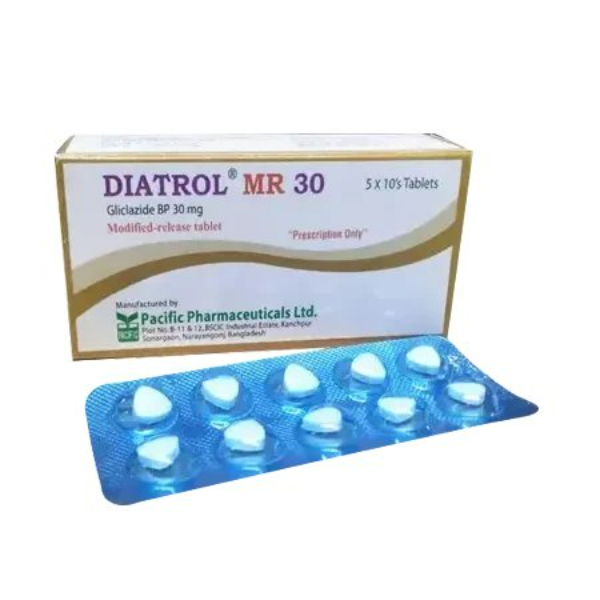





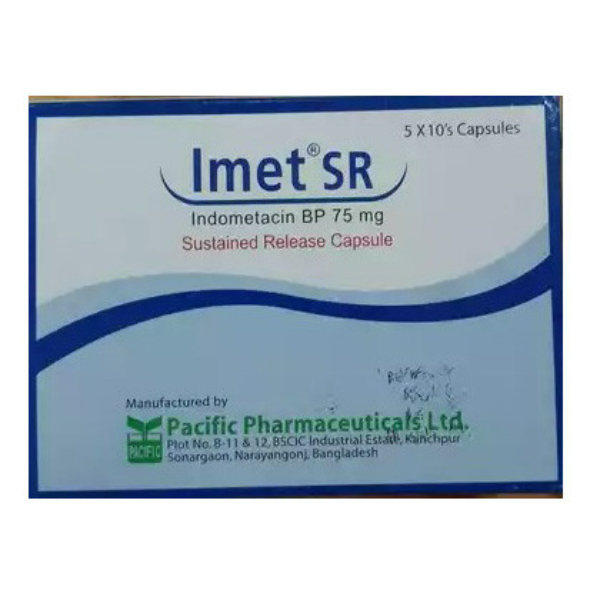

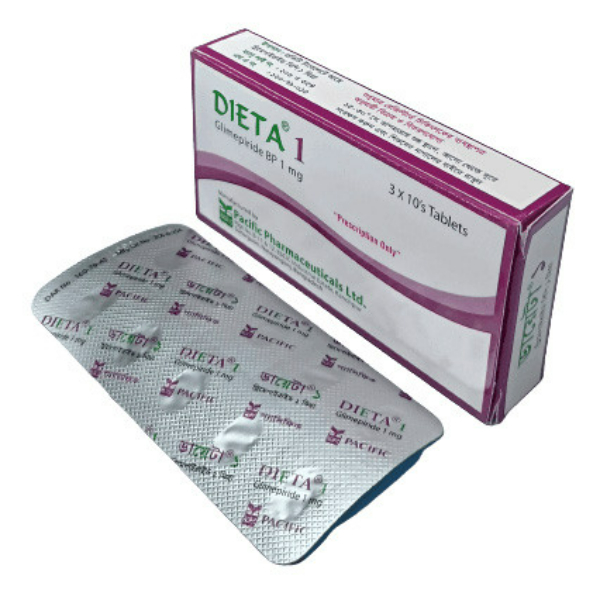



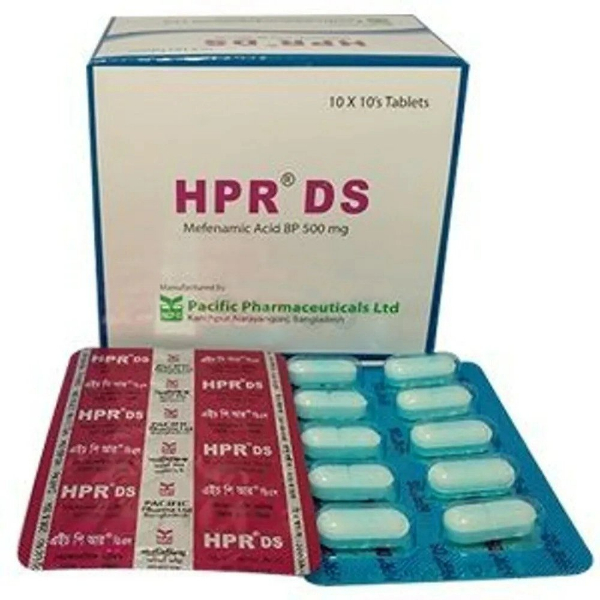


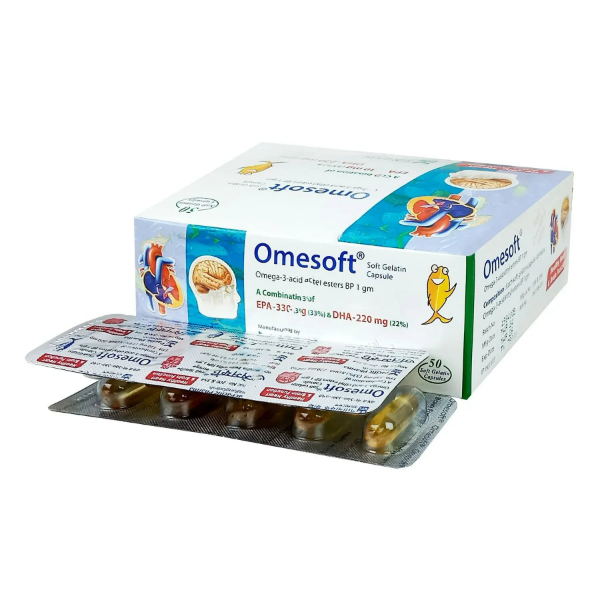

.jpg)

